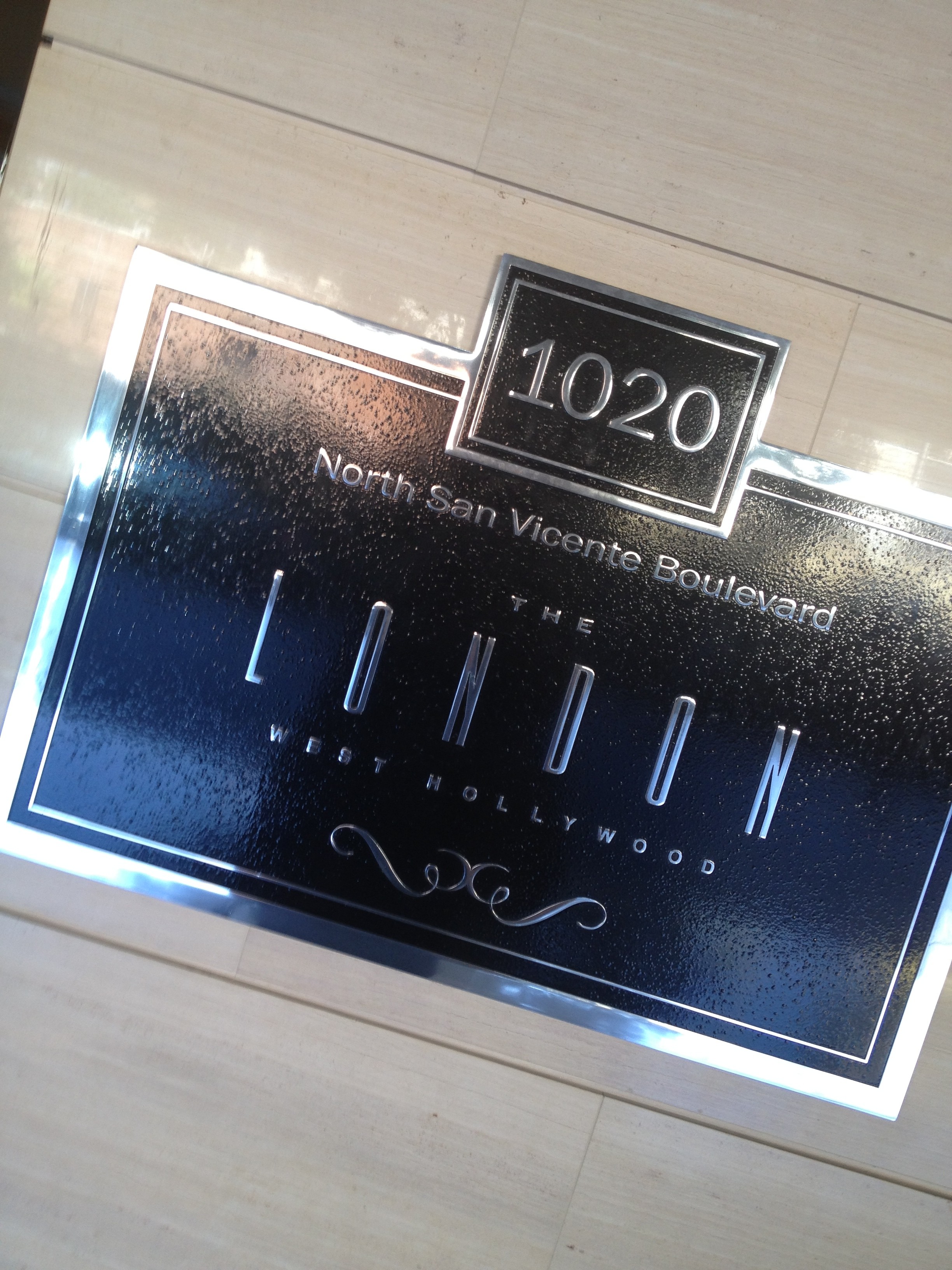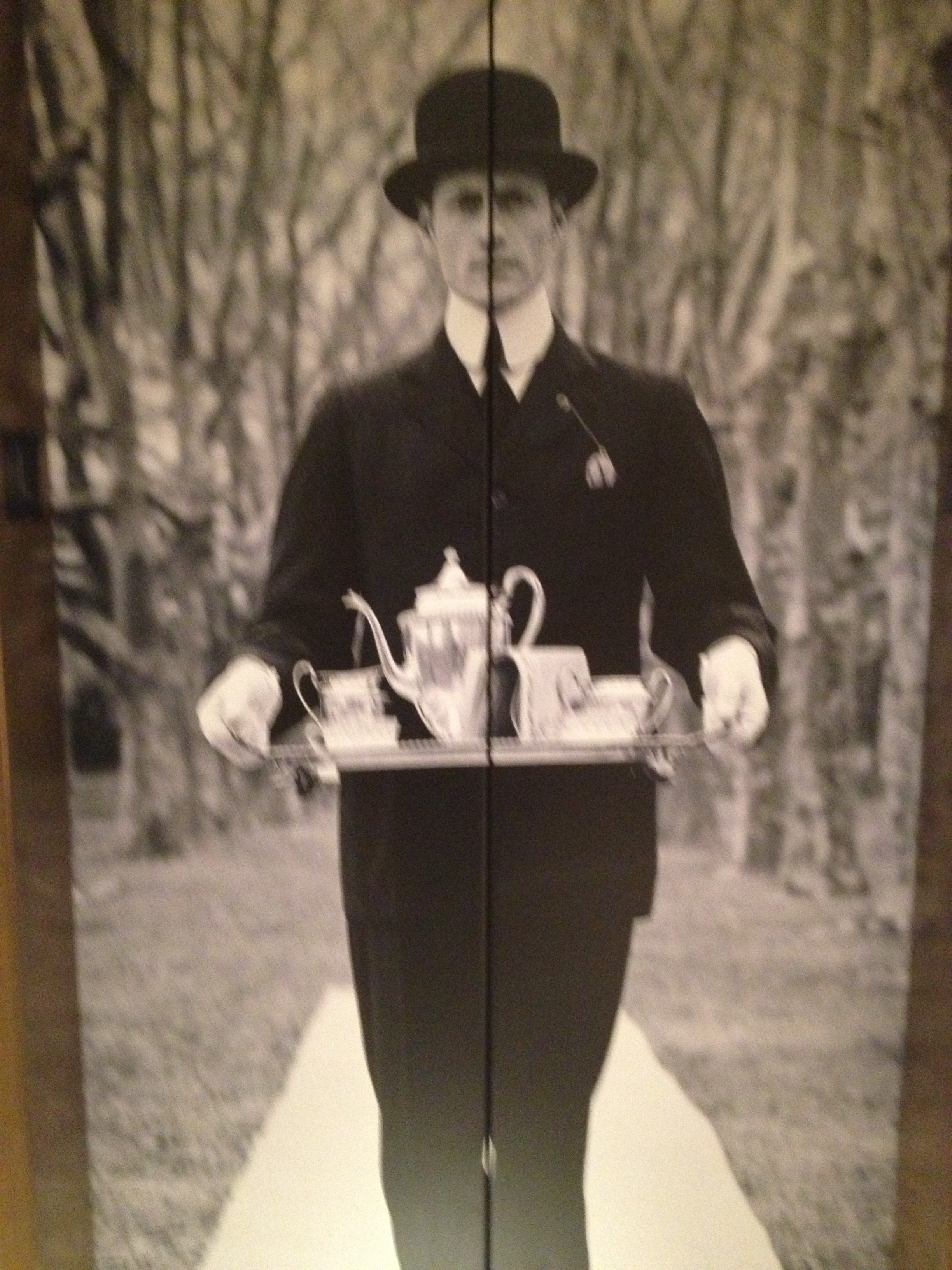 In tougher economic climates, we see a huge challenge in the events industry: a major decline in a code of ethics. It's called "survival" and it can bring out the worst in people who are losing their homes, businesses and doing "whatever it takes" to bring in money. Sometimes the breach of ethics is not intentional and often times it is a blatant, deliberate and utter disregard for the very core of what is right with the hope that they won't "get caught". Sticky situations are always being presented to us in the events industry and it can be tough navigating the uncharted waters of what to do and if you do the wrong thing, having it blow up in your face , compromising your personal reputation, that of your company and potentially affecting future business.
In tougher economic climates, we see a huge challenge in the events industry: a major decline in a code of ethics. It's called "survival" and it can bring out the worst in people who are losing their homes, businesses and doing "whatever it takes" to bring in money. Sometimes the breach of ethics is not intentional and often times it is a blatant, deliberate and utter disregard for the very core of what is right with the hope that they won't "get caught". Sticky situations are always being presented to us in the events industry and it can be tough navigating the uncharted waters of what to do and if you do the wrong thing, having it blow up in your face , compromising your personal reputation, that of your company and potentially affecting future business.The number one ethical issue still facing event professionals today is that of the kick-back or incentive. Ethical event planning companies want to make sure that their employees are above reproach and that their decisions are not motivated by receiving personal favors or kick backs from event vendors. Employees want to make sure that they are not perceived as having alliances with vendors/venues who purchase them meals, gifts or mini personal vacations. It needs to be crystal clear that the service/venue chosen for the event client was chosen strictly on what was best for the client's budget and vision and not because of the greatest "kick back" or incentive offered to the planner by a venue or vendor.
There is a difference between negotiating terms and pricing in advance and flat out violating ethics. Example: one large event company asked their employee to lie and cover up the fact that a $100,000 mistake had been made in budgeting an event. The person who originally did the budget planning forgot to factor in union labor costs for a highly elaborate move in, set up, rehearsal, tear down and move out as well as meals for the labor. The event company asked their employee to call the client and blame the sudden surprise revised $100k invoice on the venue, thereby removing any responsibility from the event planning company. The employee said "no", preferring to walk away from a company who did not engage in ethics.
The ultimate issue is one of humanity. Who will your decision affect? Would you want it to be done to you? What is the ultimate cost if you choose to do something unethical or violate another person's dignity and reputation to preserve your own? What is the actual cost in future business when word gets out about your or your company's lack of ethics?
Not sure if you are in a potential ethical pickle? Ask colleagues, join organizations like ISES or NACE or those who have an Ethics Committee as well as highly regarded ethical mentors in the events industry.
One of the best tools for staying on track is creating a preferred list of vendors and clients who have clearly identified and demonstrated strong ethical behavior and lead the industry by continually raising the bar and working with this list and insisting clients work from it as well.
By: Kerry Lee Dickey, VP Hospitality and Training












